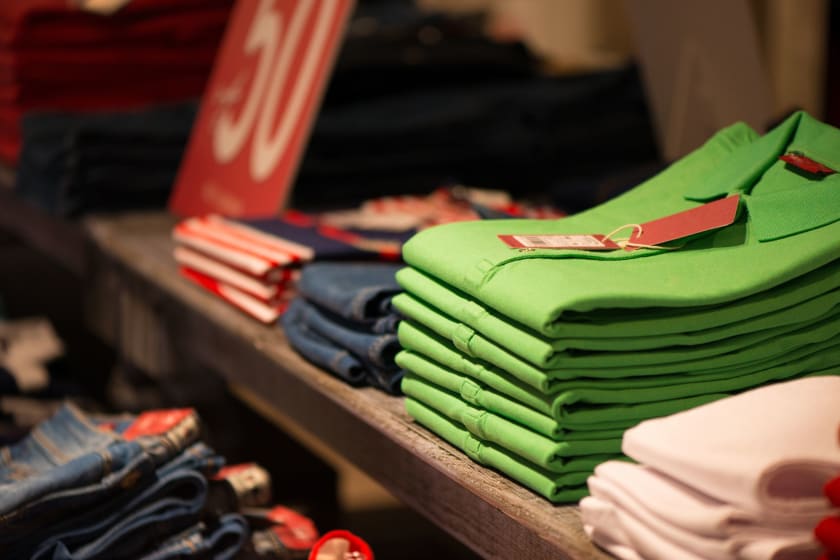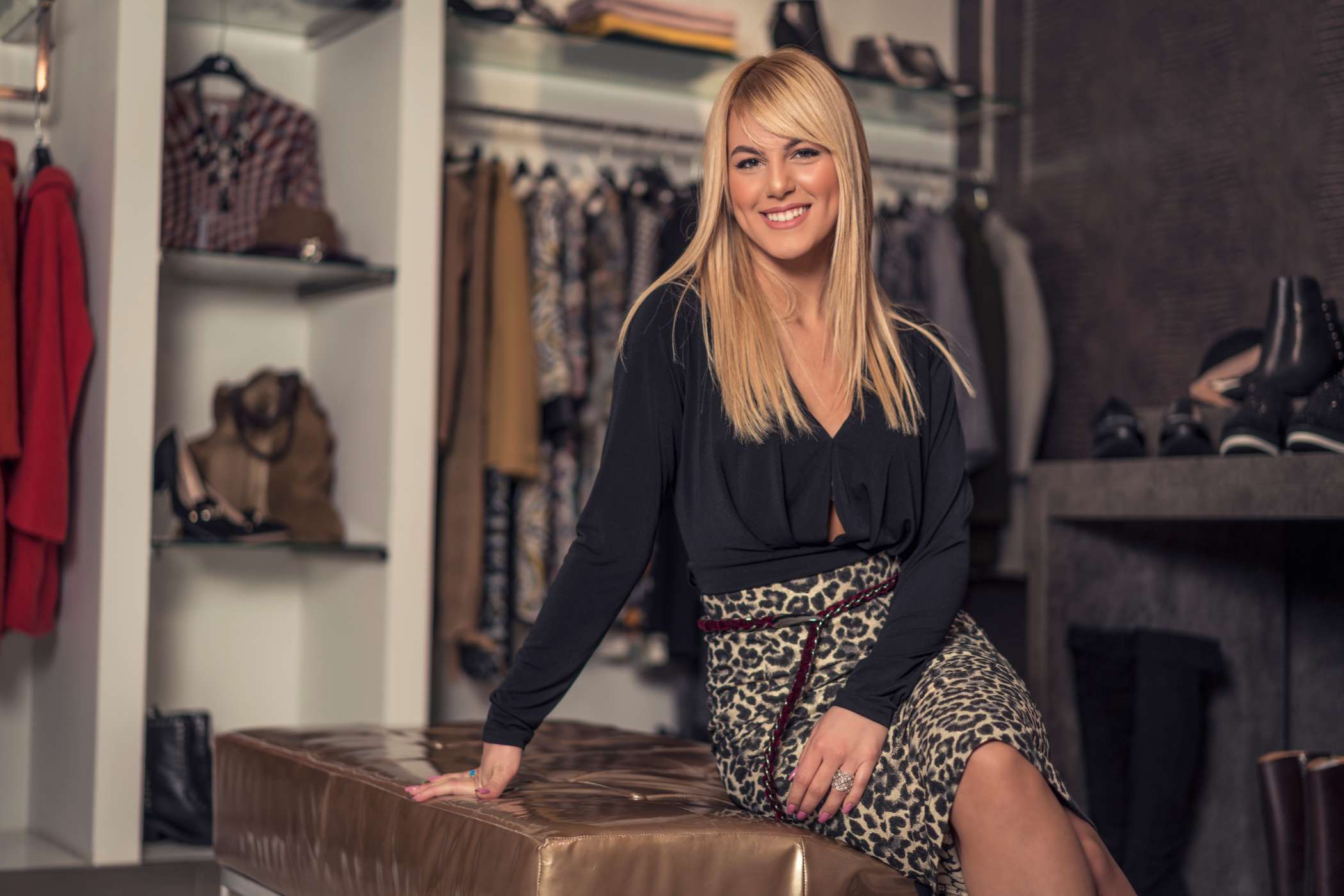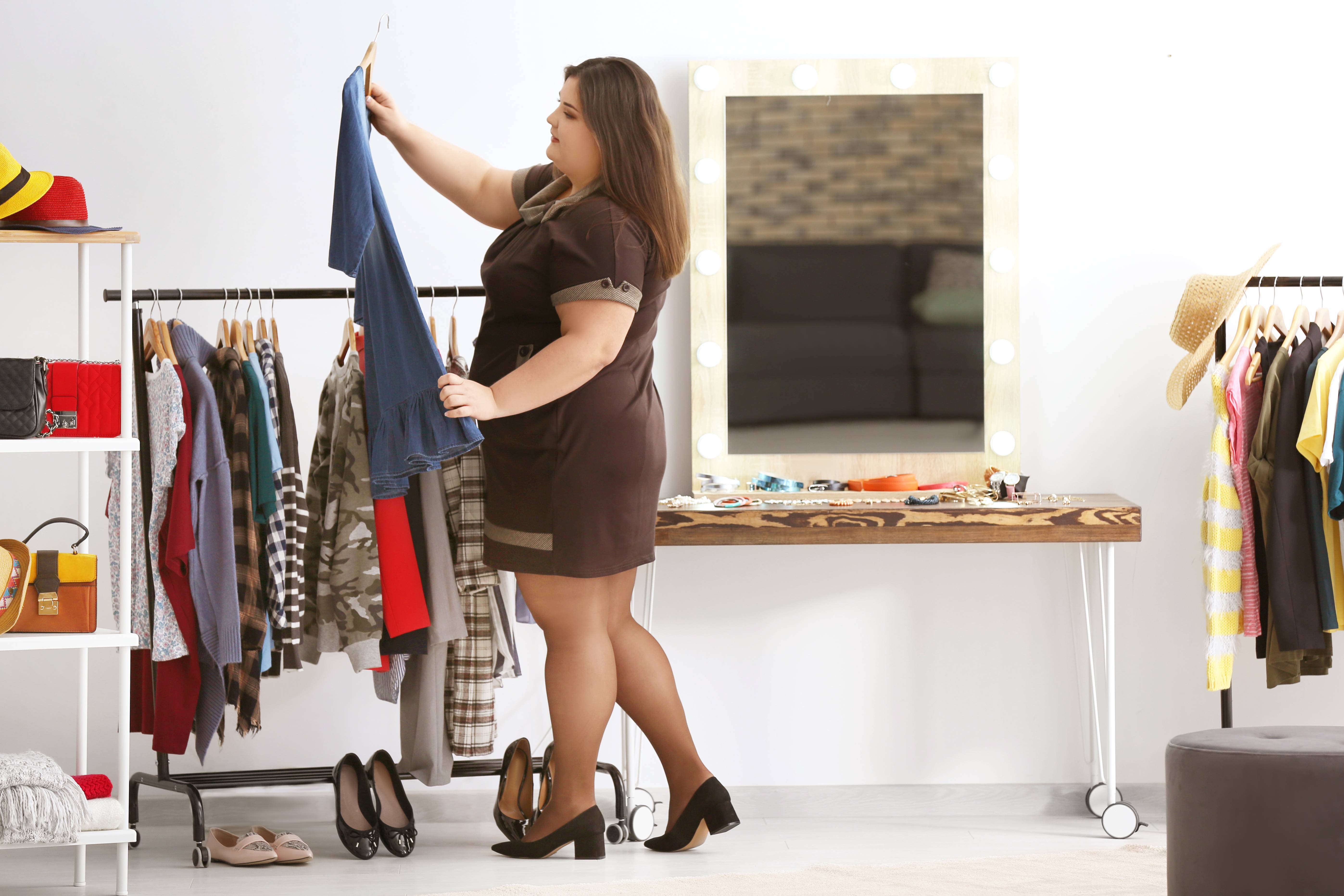What Is the Difference between Retail Distribution and Wholesale Distribution?



Products bought from your stores usually involve the distribution of various sources because distributing the product to their consumers is one of the most important things for manufacturers. Distributing products takes a lot of effort to reach people. There are usually several middlemen between the manufacturer and distributor – distributors, wholesalers, and retailers being among the more popular ones. They each play a significant role in the supply chain because they all influence how your product will be presented and perceived by consumers throughout its life cycle.
Businesses often feel confused about the difference between wholesalers, retailers, and distributors when doing business and selling products to end consumers. Sometimes, those in business don't understand how all the tiers of distribution work or what they're responsible for handling within their niche, such as wholesale clothing. These misunderstandings shouldn't exist because wholesalers, retailers, and distributors have specific jobs.
This article seeks to guide business owners through wholesale vs retail vs distribution by outlining some very important differences and examples on a simple yet insightful scale. Those who need this help can once again feel confident about the path their businesses are taking moving forward.
Retailer Sells Directly To Customers
Retailers buy from wholesalers and distributors
They buy large quantities of common products (think about a hardware store, for instance), but since they are so common, they usually buy in bulk to get the applicable quantity discount. That means that each unit is more expensive per piece than if you could manufacture the product. Retailers are B2C (Business-to-Consumer) companies; they sell products made by other companies, such as manufacturers or wholesalers and whole clothing, to customers, typically via retailers and online.
What exactly do retailers do?

A retailer is any person or organization that purchases goods from a manufacturer and then sells those goods to customers. Retailers are the most well-known types of trading businesses, and their goods can range from clothes, food, equipment, and more. Essentially anything sold in a shop has been purchased for resale by a retailer.
As a retailer, it's important to remember that many businesses have their distinct advantages in the market. In addition, particular segments of your industry may have unique leanings toward specific companies. Factors such as purchasing power and personal style can make all the difference when running a retail business, as long as you look for unique opportunities to sell the products that attract customers and separate you from your competition.
What do retailers look for?
When purchasing their merchandise, retailers generally work with vendors such as wholesalers and distributors.
- For example, if a retailer sells an electronic product, they most likely have to deal with a distributor because they visit their store to sell those specific items.
- In addition, since electronics are usually bulky items, there is a good deal of logistics involved in moving large quantities, so they usually have distributors visit them at the store.
- Retailers will often place limited numbers of each item on the shelves.
- This can result from a retailer choosing not to accept order requests for products over their inventory capacity or by distributors placing limitations on retailers about quantities they may purchase at any given time. In either case, this represents an important difference between distributors and retailers – the number of items available in stock at any one time with retailers.
Wholesaler – B2B & B2C
What do wholesalers do?
Wholesalers sell a large bulk of products to other businesses, in bulk. They, however, sometimes do directly sell to customers who typically purchase items in large quantities (more than they would need to function or run their business). Wholesaler jobs are frequently specialized as many operate in the same industry. They make and sell wholesale clothing. When you become a wholesaler, you will typically have a designated supplier whose job is to purchase the specific goods for your specialties, such as electronics or babies’ toys and furniture.
Example of wholesalers
The best example of wholesalers can be seen from the local vegetable market or those who run cement trucks. Although a normal fruit and vegetable retailer might go around in a vehicle and visit different markets, a wholesaler typically sets up camp in one spot and does all their business for the day there. It's similar to when you get vegetables at your local supermarket—they've likely all been harvested at once (sometimes thousands of miles away!) and then shipped off to be sold in bulk, but they aren't stored there.
You might have heard of the term “wholesalers” when you were in school and had to find out what they do: for example, trying to ascertain which business they're part of, or if they work with cloth manufacturers or retailers selling clothes. Wholesale clothing is sold in bulk. You might wonder why it's called wholesaling! Well, that's because the products are bought directly from the manufacturers and then sold to retailers at a slightly higher price. That way, both parties can make some money off their transactions.
You might think that it takes a lot of time and energy to go from store to store to sell your products. The truth is that you can often find wholesale suppliers who have been doing this for a long time and can give you the best for the lowest price possible. Because wholesalers sell in bulk, they tend to set up shop in one place where they can save on overhead costs by not opening additional, smaller locations. As a result, they aren't always the easiest places to reach, but many customers like the consistency. Such wholesalers sell most of their products through their shop (this is generally the norm) and, therefore, potentially get visited quite often by customers seeking wares.
What happens next?

Finally, distributors cannot sell to customers who will later resell the product themselves for a higher price. A wholesaler might not follow the same policy, though. For example – a cement wholesaler sells in bulk to large construction companies building large buildings. They do not typically sell small amounts of cement to customers who require small amounts of cement because they would be taking revenue from the company's larger orders, which supply major builders who build larger and more expensive structures.
The modern supply chain allows consumers to buy products from multiple places. There are two ways of doing this: wholesaling and retailing. Wholesaling means that you sell to people in local shops, who then markup the price and sell them to customers for a profit. Retailers sell directly to the consumer, which means they also get a cut as profit. Let's look at wholesaling vs retailing and learn which is better for your business!
Whenever a product is manufactured, it does not come to buyers directly because there are many hands through which a product passes; finally, customers get it from the retail shopkeeper. There tends to be a lot of competition in wholesale shipping and transportation, making it hard to retain your clientele. Still, there tends to be very little competition in retail shipping and transportation, so it's harder for new companies to regain competitive status unless they bring something new and fresh to the table, such as providing their customers with special promotions.
This is a prime example of the difference between wholesale and retail dealers in any industry. You can't just sell something to your friend or family member without first checking with the local laws on what types of transactions are permissible in your area. But you can always try to sell wholesale clothing.
Conclusion
Retail businesses in particular have many responsibilities to take care of. Probably the biggest challenge is keeping track of supply and demand. You can easily find yourself having too much of something and not enough of another important resource! It's a constant balancing act, and you need to be able to spend at least some time thinking about ways to better manage your buyers’ needs.
Wholesaling businesses do not operate very differently from traditional small businesses. They may sell retail, but they also often secure orders to sell wholesale to companies that are larger manufacturers or in direct competition with a business owner's product. Businesses operating as wholesalers can be involved in a wide range of business sectors depending upon the types of products traded and sold. A great example is food, for instance, which can be sold as nutritional products or restaurant-style bulk packs. The former is part of the health sector of the economy while the latter deal with food for business dining areas and hungry consumers alike! Contact Fashinza for more such information and outsourcing of clothes.



















